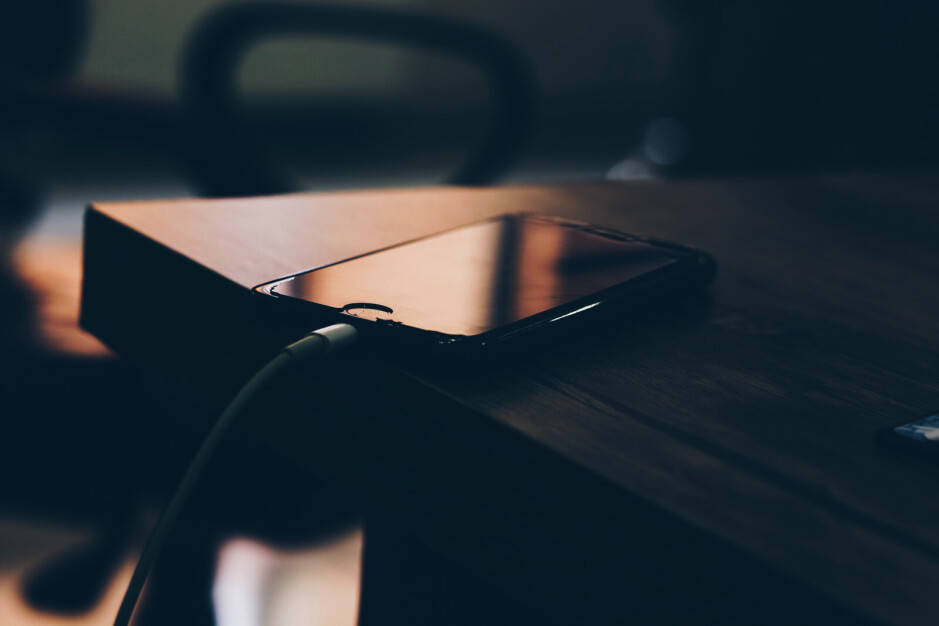What happens to your iPhone and iCloud account after you die?
Apple (sometimes) deletes inactive accounts
Apple may terminate your Account upon 30 days notice by email to the address associated with your Account if (a) your Account has been inactive for one (1) year; or (b) there is a general interruption of the Service or part of it.
"A general disruption" seems to imply that it is essentially at Apple's discretion whether or not an account has fallen into disuse, and will therefore be deleted. Either way, the removal process always comes with a 30-day warning, so it shouldn't surprise anyone out of the blue.
What happens to your iCloud after death
As you know, iCloud account is where basically all information of an iPhone is stored including backups, photos, videos, iMessages and texts, purchase history of Apple services ( including music and movies).
D. No Right of Survivorship - Unless otherwise provided by law, you agree that your account is non-transferable and that all rights to your Apple ID or the contents of your account cease upon your death. Upon receipt of a copy of a death certificate, your account may be terminated and all content in your account deleted. Contact iCloud Support at https://support.apple.com/icloud for assistance.
Essentially, this means that no surviving family member can simply “inherit” access to the deceased's account. The best you can hope for (by going through this clause) is the complete deletion of the account, to lighten the load on Apple's cloud servers. But there is no standardized process for this, or at least no high profile process. You will need to contact Apple Services, who will ask you to present a copy of the death certificate. Then they will simply erase the account from existence.
However, the " unless otherwise provided by law Leads us to believe that there may be a way to access the account, or an account transfer, through a lawyer or legal representative designated by law to manage the affairs of the deceased. (Either that or a formal death investigation requiring the iCloud account as proof.)

There is a (legal) way - with a lot of paperwork
Apple says the court order spells out the following details before it can go any further:
- The name and Apple ID of the deceased.
- The name of the next of kin requesting access to the deceased's account.
- That the deceased was the user of all accounts associated with the Apple ID.
- That the applicant is the legal personal representative, agent or heir of the deceased, whose authorization constitutes “legitimate consent”.
- The court ordered Apple to help provide access to the deceased's information from the deceased's accounts.
Are there any loopholes? What if you don't have a court order?
We suspect that if there is another, simpler option, Apple just isn't telling us. What if for some reason the loved one facing this problem is unable to get a court order? It often happens that the closest relative of the deceased is not a legal representative or an heir and is not able to provide this specific documentation.
This could well be to prevent system exploitation, as Apple prides itself on the security of its account, but it can also make it extremely difficult for the surviving loved ones.
We've reached out to Apple for more information, and we'll update them if they ever get back to us.
Apple has, however, already posted some helpful tips to avoid the potential hassle of desperately trying to access an Apple account after death.
We encourage clients to add an inheritance plan to their will that covers the personal information they store on their devices and in iCloud. This can simplify the process of obtaining a proper court order and reduce delays and frustration for family members during a difficult time.
Of course, wills aren't something most non-retirees plan to write, and it's mainly the middle-aged and younger groups who tend to store all of their photos and memories on their phones. This is why it can be a difficult thing to predict and manage. And, even if there is is an existing will giving you access to the photos of the deceased, you will still need to get a court order to get Apple's cooperation.

Access iCloud account by email
If you have access to the deceased person's email account (the one they used to set up their iCloud), you might be able to skip all the legal hassle and access iCloud in a matter of minutes.
If they were using a Windows PC or laptop (or an older Mac before the T2 chip came along), there are some easy ways to bypass Windows password and get into the system, where they probably were. already connected to their messaging.
By using the "Forgot Password" function when logging into iCloud, the account password can be changed very easily by clicking on a "Reset Password" link which will be sent to the email address. associated with the account. Once you change the password, you can access iCloud through the web or set it up on any other iPhone.
It probably goes without saying that gaining access to the iCloud account in this manner violates Apple's terms of service and may result in the account being suspended or terminated if Apple finds out (although if it does. is done correctly, that shouldn't be a problem).
Apple can force the account to be deleted
Imagine that you weren't able to access the account this way and therefore went through the entire official process to get the correct court order from the right person and convince Apple to work with you (according to some Apple users , it's very difficult to find even Apple “experts” familiar with the process).
Imagine having done all of this - a process that can take several tedious months - to get Apple to tell you that they are going to forcefully delete the deceased's account (albeit with 30 days notice)?

I was the next of kin to someone who passed away with a small credit ($ 100) in their iTunes account. I wanted to collect this credit primarily to give it to his sisters (who had probably given him iTunes gift cards in the first place). It took me many phone calls and emails to Apple Support before I even found someone who knew about Apple's policy on this matter. In this case, Apple requires a copy of the death certificate and a notarized copy of proof of your legal status as a representative of the deceased, which may take the form of a Small Estate Affidavit or an Affidavit for Collection. of personal property (see which form your state offers). Even then, Apple won't just transfer credit from one Apple ID to another. They will insist on closing the deceased's account entirely, and then issue a check for any credit on the account. For various personal reasons, we weren't ready to close his account yet, so the credit is still there.
In Fischer's experience, if you go about it in an official way, you might even end up with the account of the deceased person being deleted, hopefully after being given the chance to transfer the important data. It is good to have this in mind when deciding what to do.
If this ever happens to you and you receive similar treatment from Apple, you would do well to be armed with the knowledge of this policy as well as the required court order. Then Apple would have no choice but to find someone to cooperate with you (who might end up deleting the account as well, but I guess you can't always have your cake and eat it too).

But what is happening to the iPhone?
If no one other than the deceased person has ever had access to the iPhone passcode, then the seizure of the device with the original account is unfortunately a lost cause. Even the FBI has never been able to take special treatment away from Apple when it comes to locked passcodes: the company just never makes exceptions.
Even if you've been given official access to the deceased's iCloud account, but you don't have the phone password, you'll either need to set up iCloud on a separate phone or completely reset the original phone. However, the second option means that any information that has not been backed up to iCloud will be deleted.





